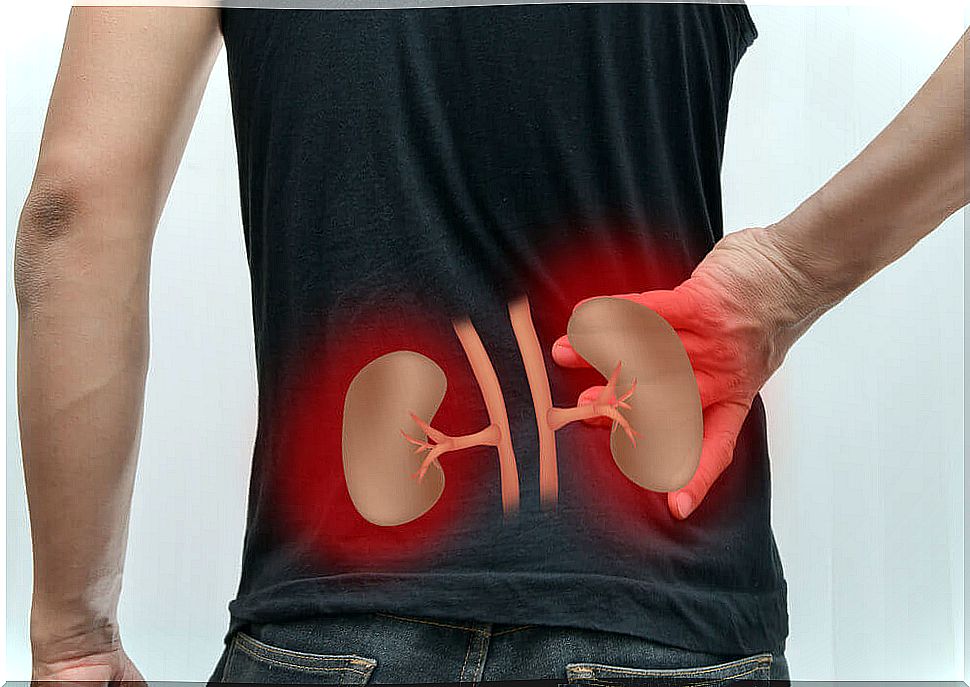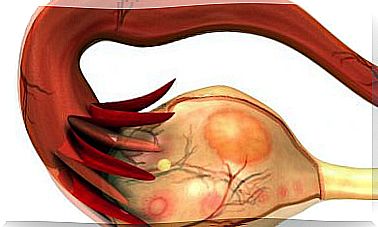Diphenidol: What Is It For?
Diphenidol is a drug that acts on the vestibular apparatus to control peripheral vertigo, so it has properties that help treat vertigo and nausea (that is, it has an antiemetic effect ).
Specifically, it exerts its antiemetic effect directly on specific receptors in the central nervous system. Would you like to know more about it? Find out more in the next space. Do not miss it!
What can diphenidol be indicated for?

The main indication for this drug is the prevention and control of peripheral vertigo. This pathology occurs in Ménière’s disease, labyrinthitis, middle ear surgery, and motion sickness.
Vertigo is a sensation of movement or spinning. People feel as if they are actually spinning or moving, or as if the world is spinning around them.
Now, peripheral vertigo is due to a problem in the part of the inner ear that controls balance. The problem can also involve the vestibular nerve, which is the nerve that connects the inner ear and the brainstem.
Also, this disease can be caused by any of the following reasons:
- Meniere’s disease.
- Benign positional vertigo.
- Inflammation of the vestibular nerve.
- Injury, such as a head injury.
- Irritation and swelling of the inner ear, labyrinthitis.
- Medications, such as aminoglycoside antibiotics, cisplatin, diuretics, or salicylates.
- Pressure on the vestibular nerve, usually from a non-cancerous tumor, such as a meningioma or schwannoma.
Diphenidol is also indicated for the prevention and control of nausea and vomiting caused by chemotherapy and radiotherapy treatments.
How is this medicine taken?
This medicine should be taken with food to avoid or lessen the gastrointestinal irritation that it may cause. The adult dose for the treatment of vertigo, nausea and vomiting is one tablet every 4 hours for as long as needed.
However, in some cases 2 tablets every 4 hours may be necessary. Being the maximum daily dose of Diphenidol 300 milligrams. It is well absorbed in the stomach and intestine, and reaches maximum blood levels between 1.5 and 3 hours after taking it, in addition, it is eliminated in the urine.
Contraindications and precautions of diphenidol

Caution should be exercised in patients with impaired kidney function because, when this occurs, diphenidol accumulates. On the other hand, this drug is contraindicated in the following cases:
- Glaucoma.
- Renal insufficiency.
- Arterial hypotension
- Hypersensitivity to it.
- Gastrointestinal obstructive disease.
- Obstructive urinary tract disease.
Its use is not recommended for the control of nausea and vomiting of pregnancy, or in children under six months. Nor is intravenous administration indicated to people with a history of sinus tachycardia. This is because this medicine can trigger a heart attack in these patients.
Adverse reactions
Due to its possible adverse reactions, its use by the intramuscular route is limited to hospitalized patients. These reactions include visual and auditory hallucinations, disorientation, and confusion.
These reactions can occur within 3 days from the start of treatment. Generally, they disappear spontaneously if treatment is stopped.
The incidence of auditory and visual hallucinations, disorientation and confusion is very low. However, drowsiness, overstimulation, depression, sleep disturbances, dry mouth, nausea, dyspepsia, and blurred vision may occur.
In rarer cases, slight dizziness, rash, headache, or heartburn may appear. There may also be a slight and transitory drop in blood pressure.
Can it interact with other medications?
The antiemetic effect of diphenidol may mask the signs of overdose of other medications. It can also make it difficult to diagnose other conditions such as intestinal obstruction.
It has a weak central action of anticholinergic agent, which is similar to that produced in treatment with drugs such as atropine or scopolamine. For this reason, it should not be used together with anticholinergic drugs, as they can weaken their effect.
However, together with drugs that are central nervous system depressants increase the adverse effects. According to scientific evidence, diphenidol can interact with other drugs, especially those that are metabolized by carboxylesterase-catalyzed hydrolysis, CES.
In summary, diphenidol is a drug that belongs to the pharmacotherapeutic group of muscarinic antagonists. It is a drug that could be prescribed to us in case of requiring a treatment for peripheral vertigo and that must always be taken according to the indications of the doctor or pharmacist.







